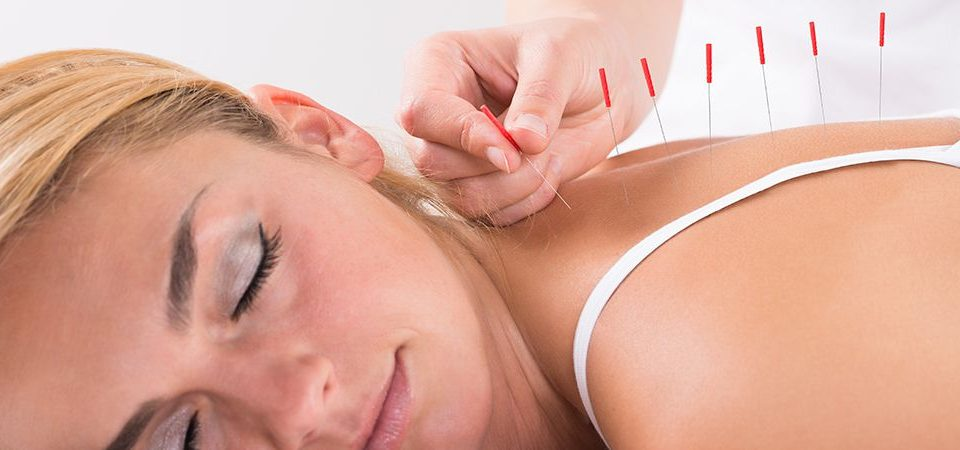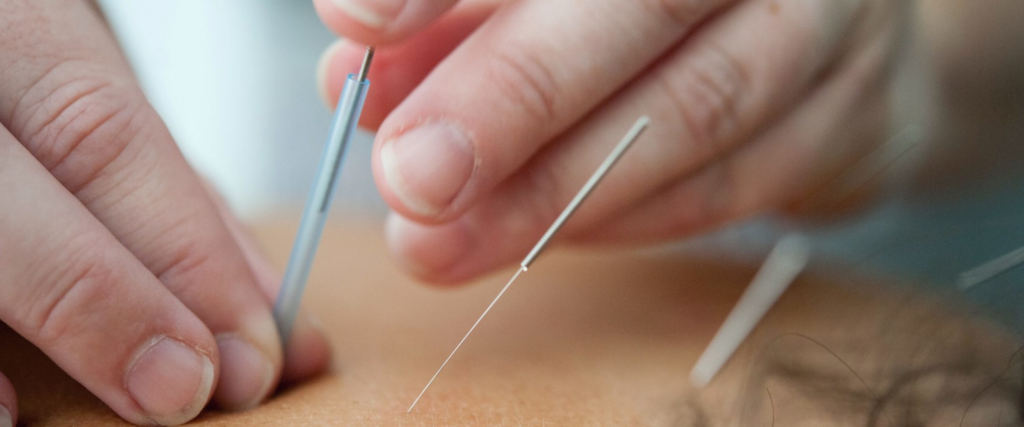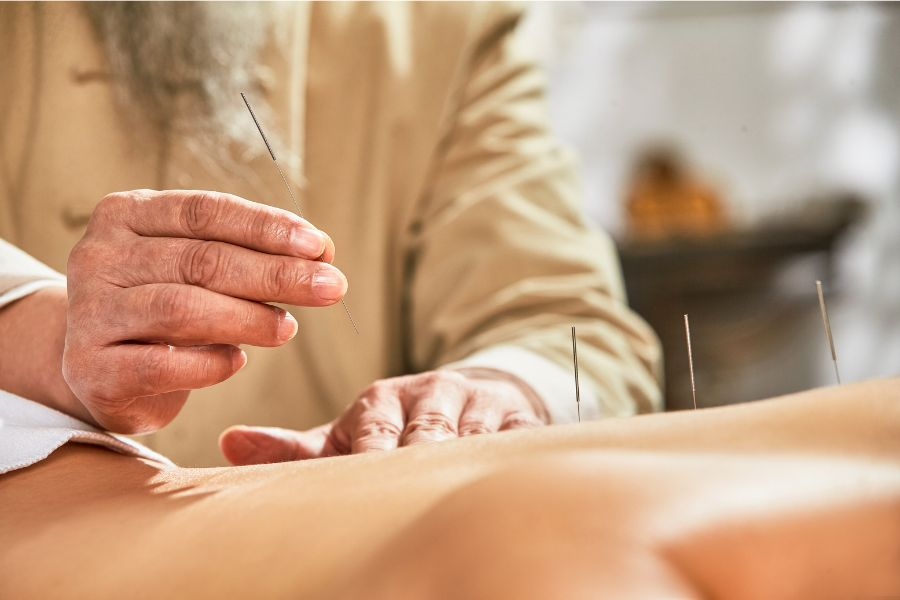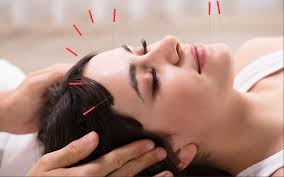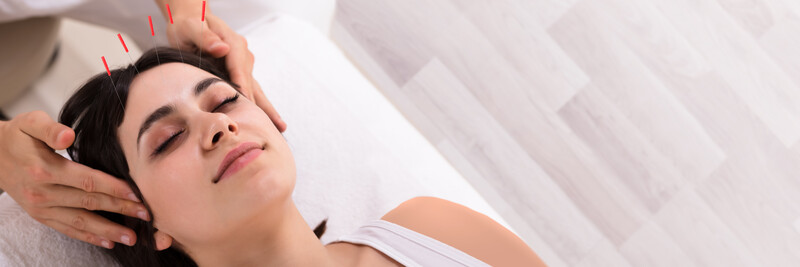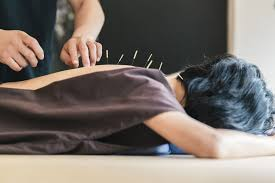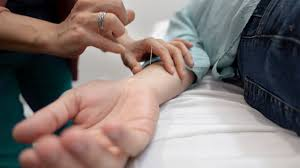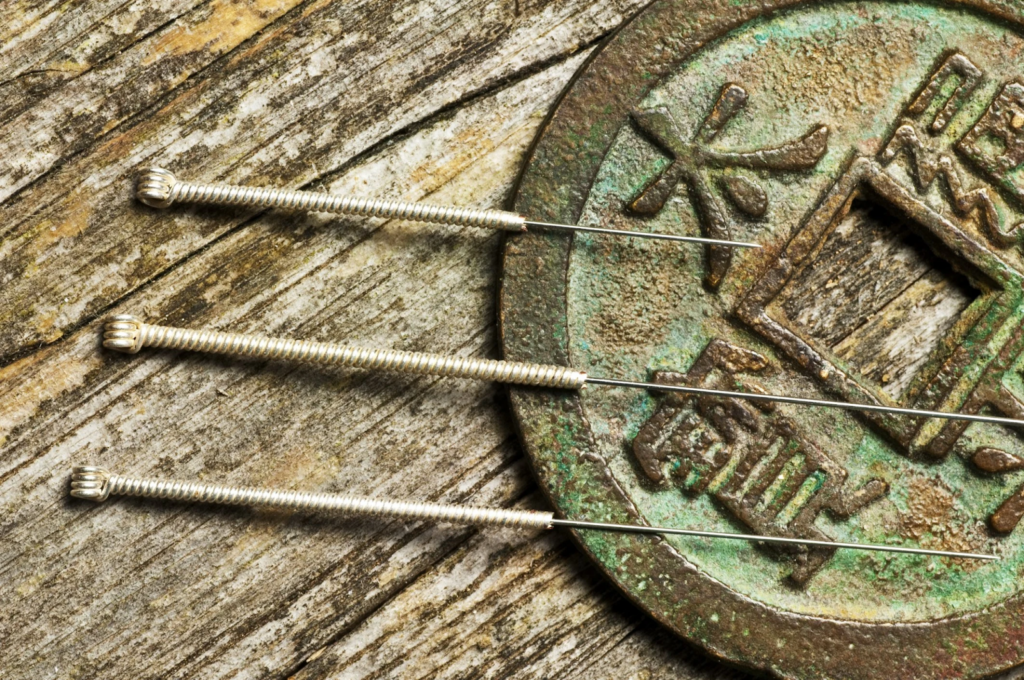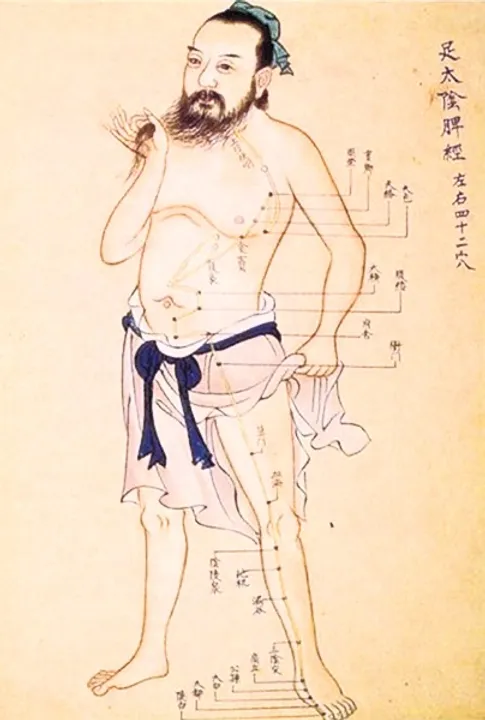Maximizing the Healing Potential of Acupuncture: Expert Tips
Acupuncture has been used for many years in traditional Chinese medicine, and it offers lots of advantages such as reducing pain and relieving stress. Nevertheless, one must adopt healthy living habits and complementary practices if they are to benefit fully from this treatment. In this article, we shall discuss various ways through which you can maximize the benefits of your acupuncture sessions including being mindful about what you eat, drinking enough water resting adequately among others. Whether an individual is well acquainted with acupuncture or just starting out on their healing journey these pointers will ensure that they get the most out of each session. How Can I Enhance the Benefits of Acupuncture? To heighten the benefits derived from acupuncture; maintain a healthy lifestyle characterized by eating balanced diets, exercising regularly, and getting enough sleep. Besides this, it would also be helpful if you stayed hydrated throughout while practicing relaxation techniques as this can further enhance its effects. The best way to approach acupuncture is in relation to overall health. This means that for one to have maximum results they need to eat well-balanced meals regularly engage themselves in physical activities frequently and make sure that rest is sufficient enough when needed so as to create an environment where acupuncturists can work effectively. Also, hydration should not be taken lightly since it aids body systems in flushing away toxins released during these therapy sessions; therefore incorporating meditation alongside deep breathing exercises may help even more with calming down and balancing effects produced by acupunctures. What Lifestyle Changes Support the Effectiveness of Acupuncture? Stress avoidance, alcohol reduction, quitting cigarettes, and mindfulness practices like meditation can help in maximizing the benefits of acupuncture. There are a number of lifestyle changes that can be made to increase the effectiveness of acupuncture. One important thing is to reduce stress since it counters the balancing effects brought about by acupuncture. Giving up smoking and cutting down on alcohol consumption will enhance the ability of your body to recover while activities such as meditation or yoga that develop mindfulness help maintain balance achieved through this treatment thereby supporting healthier living habits thus making them more successful in the end. Are There Specific Practices That Complement Acupuncture? Yoga, tai chi, and deep breathing exercises among others may be used alongside acupuncture so as to promote general well-being as well as heighten response levels within one’s system towards treatment. Practices like yoga, tai-chi, or deep breathing exercises work harmoniously with the concept behind energy flow and equilibrium which is what acupuncture focuses on. These activities stretch muscles while reducing anxiety at the same time, they also stimulate blood circulation hence increasing its supply to various parts of our bodies all factors that augment impacts created by this particular form of alternative medicine. Integrating these methods into your daily routine will support natural healing processes within you thus strengthening positive outcomes gained from sessions where needles are inserted into specific points along meridians throughout one’s body How Does Mindset Influence the Success of Acupuncture? The success rate of acupuncture is known to be higher if a person has positive thinking and is willing to let the healing energy flow into their body; this is because mental health strongly influences physical well-being. Does my mindset matter when it comes to successful acupuncture treatment? Yes, having an optimistic outlook and open mentality towards these sessions can make them work better. This interrelation between mind, body, emotions, and health has been documented for years now with many studies showing that a positive attitude can only act as a catalyst for your organism’s reaction to needles. It means that you should believe in what you are doing even though at times it may seem too difficult or not producing any result at all. You never know which attempt might turn out to be successful so trust the system and stay hopeful thus creating an environment where healing could thrive. What Daily Habits Should I Adopt to Maximize Acupuncture Results? To enhance acupuncture results, you should practice mindfulness every day, have regular sleep patterns, consume healthy meals, and engage in mild physical exercises. It is also possible to maximize the benefits of acupuncture through daily habits that promote overall well-being. Mindfulness activities like meditation or writing a diary contribute to keeping mental clarity and emotional balance. Having a consistent sleep routine ensures enough time for the body to heal itself and regain energy. Nutritious foods act as fuel for recovery whereas gentle activities such as walking or stretching keep circulation active and the flow of qi smooth. These behaviors lay down a strong foundation for successful acupuncture treatments. What Are the Do’s After Acupuncture? After acupuncture treatment, it is advised that you rest; and drink plenty of water while avoiding heavy tasks because they can interfere with your recovery process. Gentle movements are allowed together with nutritious meals but ensure that you keep warm throughout this period. In fact, your body may continue responding to needling for several hours or days post-session. Therefore, resting becomes necessary so as not to interrupt these changes which are induced by treatment into the integration phase within oneself. Hydration serves well in getting rid of toxins thereby supporting natural detoxification mechanisms in our systems. Overworking must be shunned since it could lead to over-stimulation hence depletion occurs; rather light exercise should be encouraged still along with warmth maintenance during the recovery process. How to Maximize the Benefits of Acupuncture? To get the most out of acupuncture, it is recommended that you adopt a healthy lifestyle, follow the guidelines after sessions, and make regular appointments to continue with your progress. In acupuncture, consistency is everything. Do what your acupuncturist tells you about taking care of yourself after each session and how often you should come in for treatment. If you want your body to react well to this kind of therapy then it’s important for you also try living an overall healthy lifestyle such as eating the right

